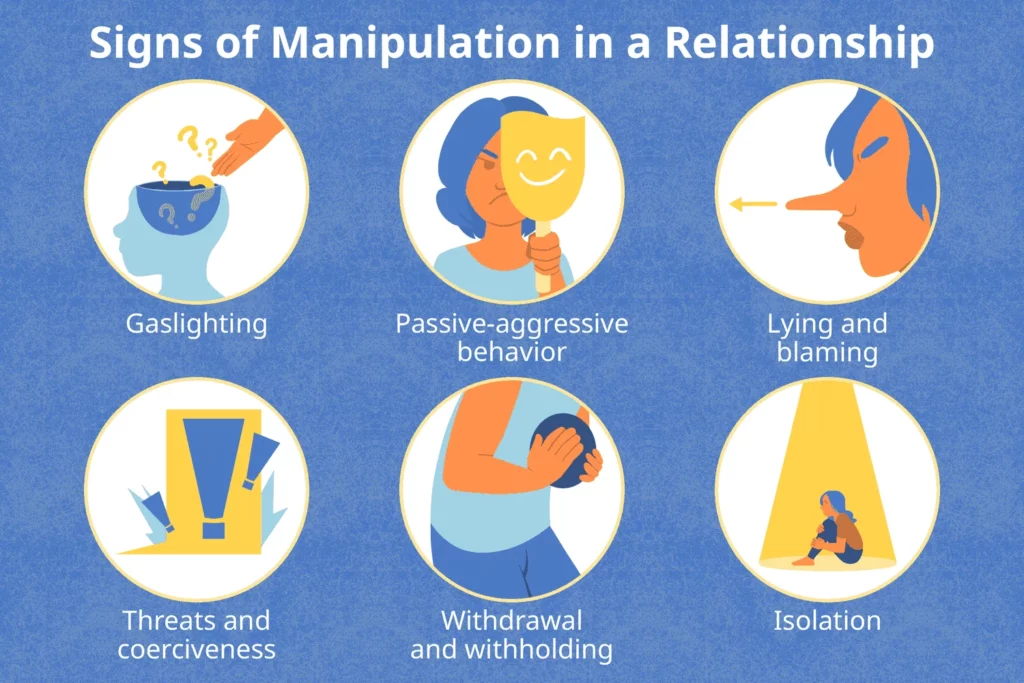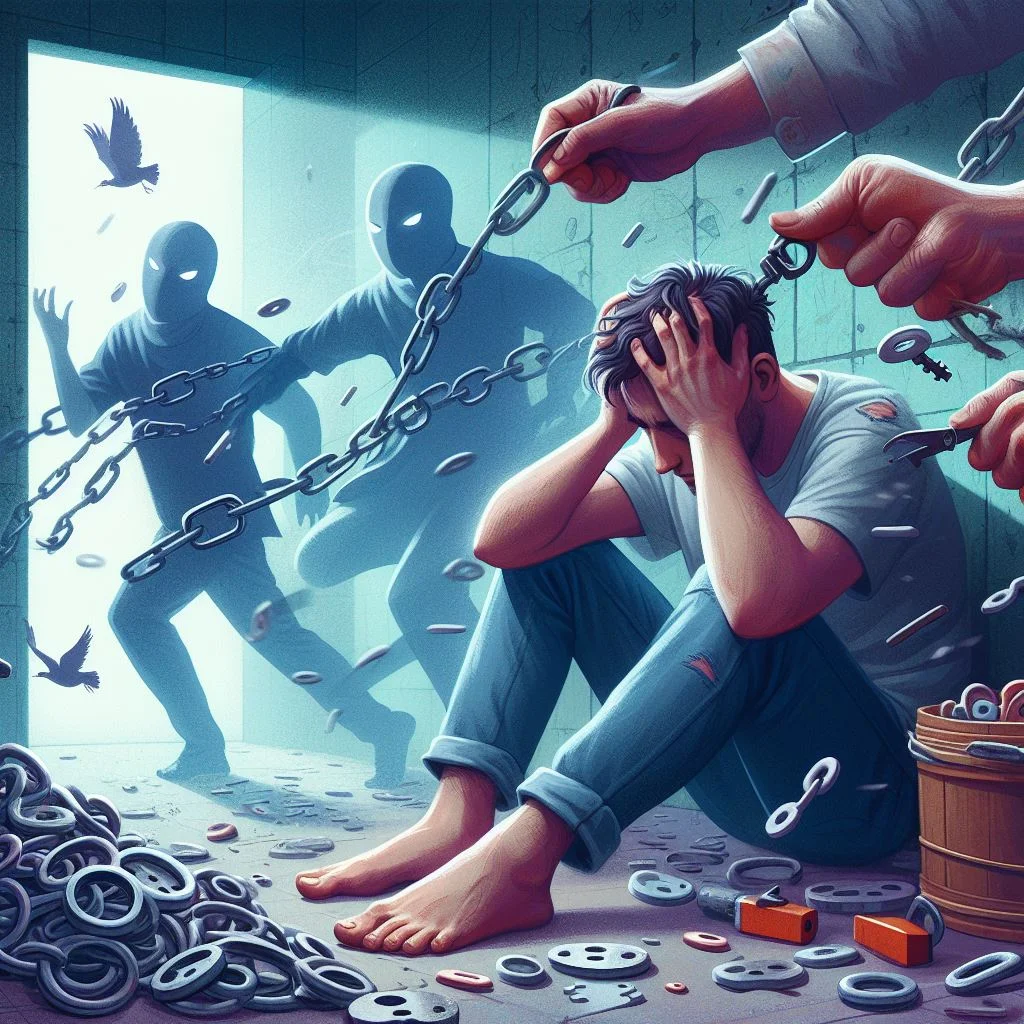Getting Free: Escaping the Chains of a Controlling and Abusive Relationship
Possessive, dominating and controlling romantic partners gradually strip away personal autonomy, dignity and self-esteem through emotional manipulation and verbal degradation. Women’s Aid research found 1 in 4 women endure extreme control in relationships. Constructing an exit plan before trauma bonds cement further remains essential.
This guide reveals the common tactics used by abusive controlling partners, as well as expert-recommended techniques for documenting incidents, reclaiming independence, overcoming psychological intimidation through counseling, and safely leaving relationships characterized by possession, surveillance and punishment.
Recognizing Domineering Control Tactics
Domestic abuse often builds slowly, as Dr. Jordan B. Peterson explains, when “someone clutches tightly to you and demands that you take responsibility for their life as well.” At first, consistent text check-ins seem caring. Over time, that scrutiny becomes smothering restrictions meant to dominate your activities, friendships and very identity.
Common Control Methods:
- Tracking/monitoring location and communications – Abusers may force you to share passwords, constantly call and text to check up on you, install spyware on your devices, or show up unannounced. This surveillance serves to regulate where you go and who you see.
- Manipulation using deceit, guilt trips, gaslighting – An abusive partner may promise change without following through, threaten to harm themselves if you don’t comply, deny or minimize cruise they’ve inflicted, or distort your sense of reality to suit their narrative.
- Physically/verbally intimidating through threats – Dangerous controlling tactics include throwing objects in rage, threatening violence against you, punching walls and slamming doors, interogating you, or using threatening language if you don’t obey their demands.
- Enforced social isolation from trustworthy contacts – Abusers know support systems could empower you, so they forcefully disconnect you from close friends and family. They may block numbers, monitor texts and emails, forbid get togethers, or quietly spread lies turning others against you.
- Blaming you for their abusive reactions – Controllers avoid personal responsibility for their actions. They justify cruel outbursts by accusing you of provoking them by not complying with enough demands, or by being “too emotional, sensitive, or crazy” rather than acknowledging their own pathology.
Document incidents in a hidden journal to spot increasing dysfunction, helpful for legal actions later. Leaving this unhealthy dynamic remains essential before trauma bonds cement further.
Reclaiming Your Autonomy from Control
Rebuild a strong sense of self, separate from the possessive partner seeking to impose their desires against your will.
- Reconnect with personal interests that fulfill you
- Expand socially supportive connections beyond just the relationship
- Communicate firm boundaries against certain behaviors
- Challenge narratives of the abuser’s superiority; reaffirm your equality
Clinical counselor Aliya Khan notes: “A loving healthy partner seeks to lift you up, not tear you down.“
Overcoming Psychological Manipulation
Seeking counseling aids immensely in separating truth from years of distortion. Work to:

- Regain trust in your own judgment and self-worth
- Process trauma through self-care practices like journaling
- Learn techniques to withstand gaslighting or emotional blackmail
Certified psychiatrist Dr. Julie Potiker explains: “You deserve to make your own choices and follow your own values without coercion from someone else.” Never compromise your freedom or safety.
Safety Planning Your Exit
Abusive situations rarely improve through futile hopes. The period of leaving poses the most danger, as control loosens. Quietly prepare over time:
- Inform select trustworthy contacts about the relationship and request emergency housing if necessary
- Pack an inconspicuous bag with essential documents, medications, device chargers and spare clothes
- Memorize domestic violence hotlines and shelters in your area you can escape to at a moment’s notice
You deserve so much more than merely surviving abuse. Though the journey ahead remains difficult, real hope exists of reclaiming your right to happy, healthy intimate relationships. Additional resources for support include:
National Domestic Violence Hotline – Highly trained 24/7 response
Online Support Groups for Abuse Victims – Connect with fellow survivors
Frequently Asked Questions About Controlling Partners
What are some early warning signs of a potentially abusive partner?
Early red flags include extreme jealousy about time without them, insisting on constant check-ins, put-downs masking as jokes, volatile mood swings, and possessiveness about monitoring your social media activity.
How can I document control and abuse without my partner finding out?
Discreetly keep records by taking photos of any physical injuries from outbursts. Maintain a hidden password-protected online journal or locked diary detailing incidents, taking care to save this evidence outside any shared digital spaces.
What should I do if I still love my abusive partner?
Trauma bonds create dysfunctional attachment, especially during periodic affection or remorse. Focus on all the pain endured rather than minimizing or romanticizing temporarily loving gestures unlikely to lead to real change. Your safety and wellbeing must take priority over any promises or declarations.

